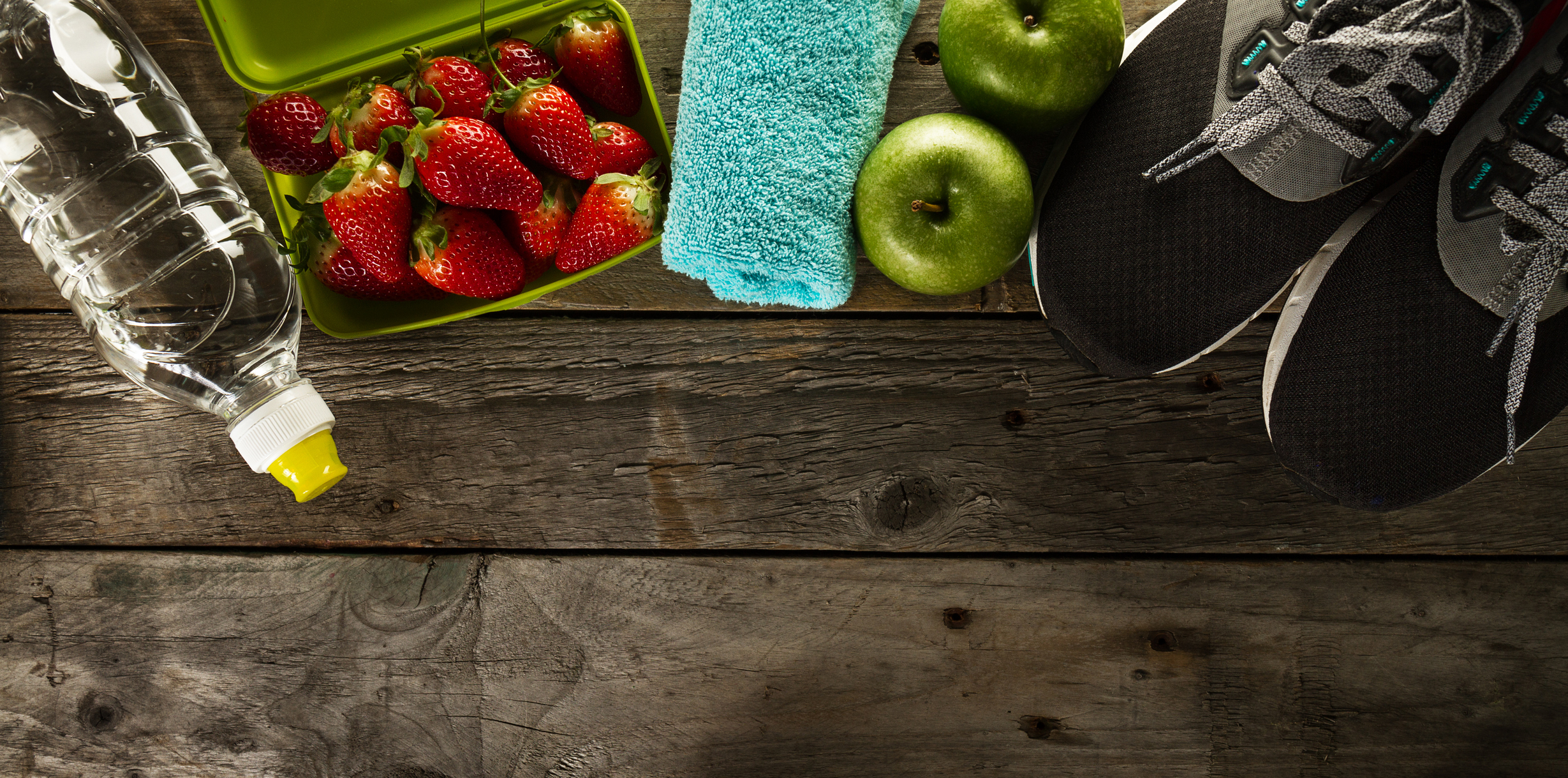When you exercise, you feel the effects of what you eat and drink more than usual. Therefore, it’s important to recognize the connection between what you are consuming and how you feel. High quality fuel equals improved performance in all areas of your life. When you fuel your body with what it needs to function properly, you create an environment for optimum performance during each workout as well as faster recovery.
Ideally, you eat balanced meals throughout your day that include high quality proteins, healthy fats, fruits and vegetables, and whole grains. Experts affirm you’ll recover more slowly from an intense workout, and experience more soreness, if your diet is full of sugar and other ingredients with low nutritional value.
A simple formula with good timing
Use the following formula when attempting to properly fuel your body for a workout: Carbohydrate + Protein + Healthy Fat. Each element plays its part in your workout preparation:
- Carbs aid in maximizing glycogen stores which is good for high-intensity exercise.
- Protein improves muscle performance, increases strength, promotes lean body mass, and aids in muscle recovery.
- Fats help fuel your body for longer periods of time and are good for less intense workouts.
Try to eat about 2-3 hours prior to exercising. If this timeframe is not possible, eat easily digestible, simple carbs and a smaller portion of protein.
Some people like to use protein powders before a workout. My advice is to educate yourself on reading labels, be wary, and choose wisely. Take note of added sugar as well as the ingredients, as you do not want to pollute your body with harmful chemicals or dyes.
Wet your whistle
In addition to nutrition, there are two other major factors that increase performance and aid in workout recovery as well as injury prevention — water and sleep.
When you’re well-hydrated, you’ll have more energy, be more agile, think more clearly, and recover faster from your workout. Staying hydrated reduces the risk of injuries and helps physical performance, as hydrated muscles simply function better than dehydrated muscles. Hydration improves blood flow and circulation, thus increasing the delivery of oxygen and nutrients to working muscles. And your heart won’t have to pump as hard during exercise to maintain normal blood pressure if you’re well-hydrated. A rule of thumb is to drink half your body weight in ounces of water on a daily basis.
If you struggle with muscle cramps, ensure you are keeping the electrolytes in your body balanced. A great natural source is coconut water. Again, choose wisely when consuming electrolyte replacement drinks and read the labels carefully!
Get your zzzzzz
According to the Centers for Disease Control (CDC), 1 in 3 adults do not get enough sleep. During high-quality sleep, your body restores many functions it calls on during daily life, such as temperature regulation, a strong immune system, steady hormone levels, and good appetite. All of these factors play a role in how much energy you have. To operate at your peak potential, you need to maintain these functions through quality sleep. You should try to get at least 7-8 hours of sleep each night at a minimum.
You know your body best. Maintain a food log or journal to track how you feel after you eat certain pre-workout meals. You’ll quickly find out what’s right for you and what is not. Keep it simple and stick with what works — but always with the magic combination of nutritious food, adequate liquids, and quality sleep.


